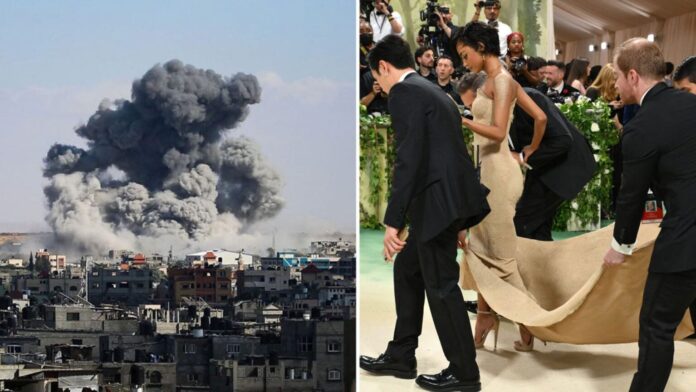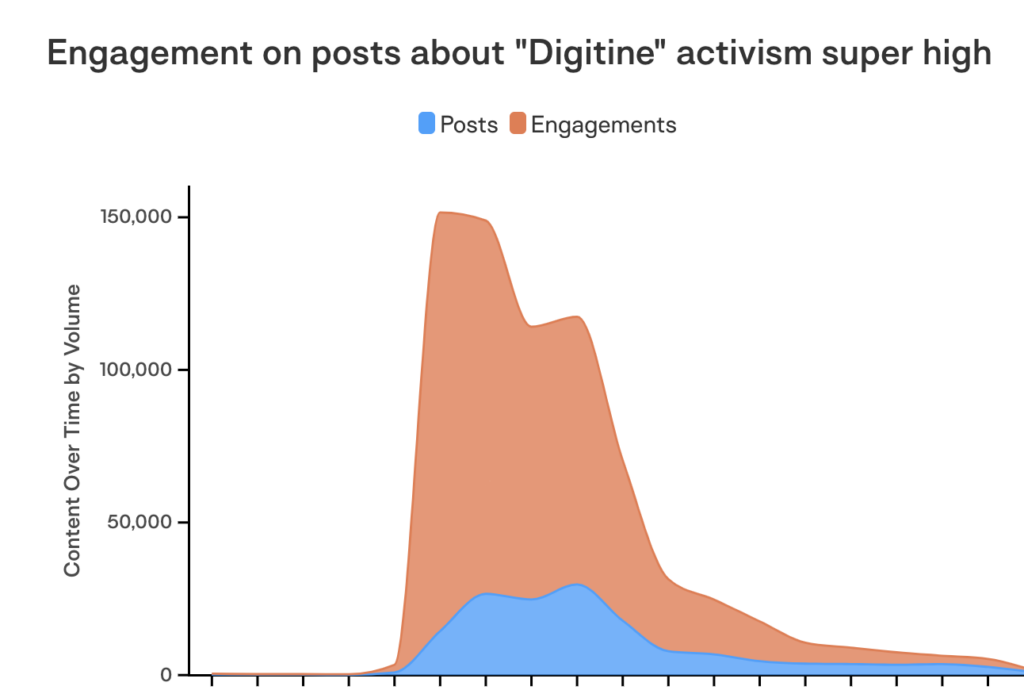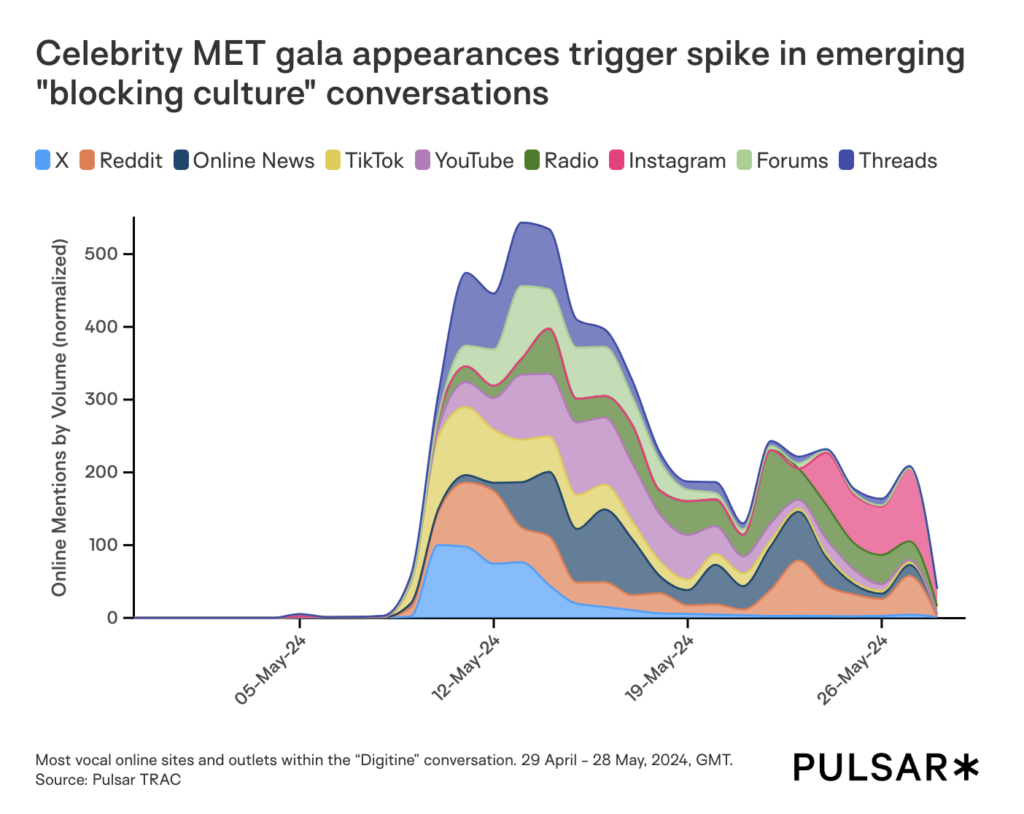
Trigger Warning: Graphic Images
Have you ever reposted or seen a political post on your social media?
Our generation “has grown up in a time of endless war, online activism, and extreme cultural change” and Gen Z has “been identified as the ‘activism generation'” and they “wield their cultural collective power online to hold celebrities accountable for their actions and silence” internationally on political, social, and moral issues (Clements, 2024).
An ongoing example of digital activism can be seen concerning the current violence in Palestine. “When news broke of armed conflict resuming between Israel and Palestine on October 7th 2023, organised efforts centred on education and awareness” and “as the conflict persisted, these campaigns evolved away from awareness towards promoting support via individual donations or boycotting silent/opposing corporations” (Clements, 2024).
This activism saw a new peak “when reports came in of Israeli airstrikes hitting Rafah, a refugee camp in Gaza, on May 7th” (Clements, 2024).
People began to see “the Met Gala, in its standard display of opulence and otherwordly privilege” as a “disparity between the famous and those suffering. TikTokers began juxtaposing images between the Met Gala and Rafah. Celebrities like Zendaya and Kim Kardashian were referred to as citizens of “District One”, while the Hunger Games soundtrack played in the background of clips. Gen Zs were horrified at how little the elites had done to pledge their support to the victims of the conflict, how few of them had taken a stand and, crucially, how these idols & influencers had failed to reflect their own values” (Clements, 2024).
This led to the introduction of a new movement. “The ‘Digital Guillotine’, or ‘Digitine’, represents the final departure from traditional forms of fan engagement. Fans are no longer passive consumers and blanket supporters but empowered, active agents of change. By blocking any celebrity who has not publicly declared some form of support for the victims of the Israel-Palestine conflict, Gen Zs understand, perhaps more than any other generation, that they are the gatekeepers to relevance. Relevance is to riches as riches is to power – it is a boycott of the corporation of celebrity, the ultimate cancel culture” (Clements, 2024).


As the average Gen Z social media user understands that they have the power to give people fame, power, wealth, and relevance through their time and attention, there has been an increase in the targeting of celebrities and influencers who do not reflect the moral or political values that their fans expect. Through this newfound power, Gen Z has taken control of the digital activist narrative and they have started to redefine the requirements of what influencers need to be.
This tool of digital activism is in a sense “divesting” attention from influencers. This can be incredibly powerful in changing our demands for society in realms other than celebrities and pop culture. The new generation that is going into banking and our financial system is politically charged and appealing to that can help you gain relevance online and in real-world. Just as digital activists can give and take power from celebrities, they can give and take from our financial institutions until they are satisfied that their personal finances follows their values.
So what are the values of Gen Z and how does this affect the future of banking? How can we design a financial system where personal finances appeal to the politics and demands of Generation Z to encourage them to further invest in banks and other financial systems?
References:
Aljazeera Plus [@ajplus]. (2024, May 7). As celebrities arrived at the Met Gala, Israel invaded and bombed Rafah, where over 1.5 million Palestinians are starving, displaced and trapped [Video]. Tiktok. https://www.tiktok.com/@ajplus/video/7366396315569360171
Clements, O. (2024, June 12). Block Party – how Gen Z fans punished stars over perceived ethical inaction. Pulsar. https://www.pulsarplatform.com/blog/2024/genz-activism-block-influencers-analysis



